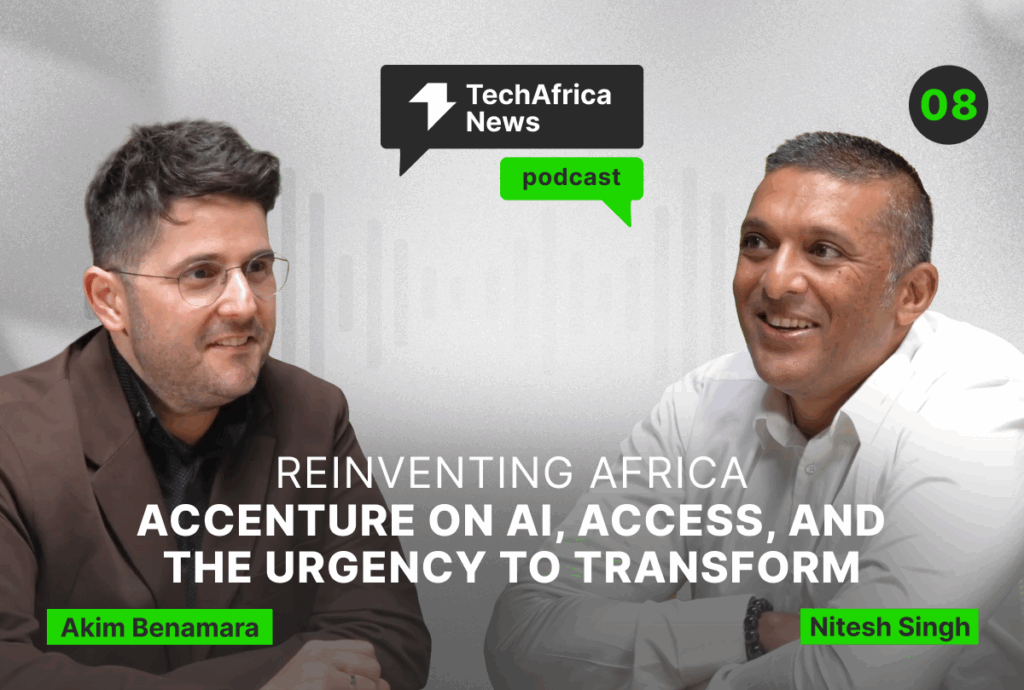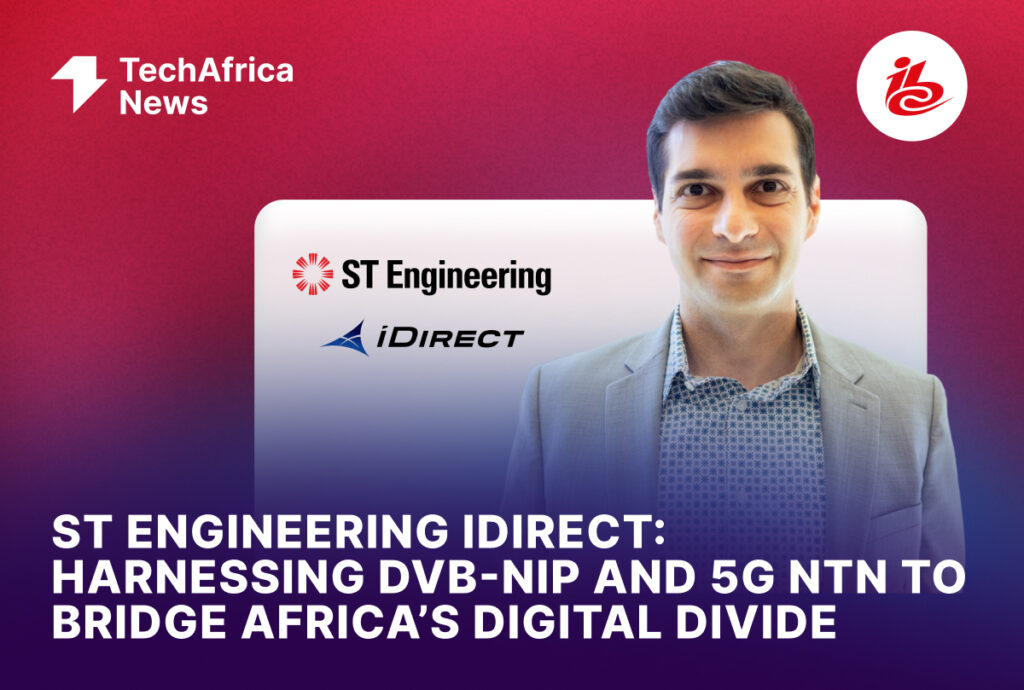Nokia’s Roque Lozano on Why Connectivity Must Come Before Digital Transformation
Following a compelling panel discussion on Connectivity as the Foundation of the New Global Digital Economy at GITEX Africa 2025 in Marrakesh, Akim Benamara, Chief Editor and Founder of TechAfrica News engaged in an insightful interview with Roque Lozano, Senior Vice President Network Infrastructure at Nokia. Building on the themes explored during the panel, the conversation delved into the critical role of premium connectivity, strategies for immediate monetization, the evolving role of governments, and the implementation of practical digitalization approaches.

- 0:18Connectivity & Economic Growth
- 2:18Importance of "Right" Connectivity
- 3:03Monetization Strategies
- 3:47Political Will & Sustainability
- 4:48AI & Digitalization
Connectivity as a Foundation
Lozano opened by emphasizing that connectivity serves as the bedrock for all digitalization efforts, asserting, “Everything starts with the right connectivity.” He clarified that not just any connection will suffice; it must be the right connectivity—robust, reliable, and tailored to meet the demands of a rapidly evolving digital landscape. Without this foundational element, Lozano argued, the transformative benefits of the digital economy remain unattainable for many regions.
“If you don’t have the right connectivity, you will never have the capability to benefit from digitalization, from the digital economy. Everything starts with connectivity, and without connectivity, you cannot build any digital case.”
-Roque Lozano, Senior Vice President Network Infrastructure, Nokia
Monetization of Connectivity
Lozano also discussed the imperative to monetize connectivity investments from the outset. Challenging the conventional approach of waiting years for returns, he proposed innovative strategies that allow stakeholders to “really monetize from the very first steps of the network.” This approach not only ensures quicker returns but also facilitates the reinvestment of profits into expanding digital infrastructure, creating a virtuous cycle of growth and development. By demonstrating the immediate economic benefits of connectivity, Lozano aims to incentivize further investment and accelerate the pace of digitalization across the continent.
Government’s Role and AI
Lozano acknowledged a growing political will to embrace digitalization, stating, “All the governments have a digital agenda.” However, he cautioned that having an agenda is not enough; governments must also possess the knowledge and tools to translate these ambitions into tangible results. He called upon the private sector to play a crucial role in guiding governments, offering expertise and support to ensure that digital initiatives are both effective and sustainable.
Practical Solutions and Digitalization
In addressing the challenges of implementing digitalization on a large scale, Lozano advocated for a practical, step-by-step approach. Rather than attempting to overhaul entire systems at once, he suggested focusing on targeted interventions in specific areas. By showcasing these successes, Lozano believes that it is possible to generate momentum and create an environment conducive to further investment and broader digital transformation.
“The point, I think, from our side—from our sector—is that we must help them act in a very practical way to catch up with the evolution as soon as possible. And again, you don’t need a massive investment with a 10-year outcome. You can create simple, targeted corridors—straightforward and focused connectivity in underserved areas. Or you can make a data center accessible to the metro or to tech parks to unlock the benefits of that use case. So, there are a lot of easy, low-hanging fruits that can pave the way and create an environment that encourages more and more investment in digitalization.”
-Roque Lozano, Senior Vice President Network Infrastructure, Nokia





